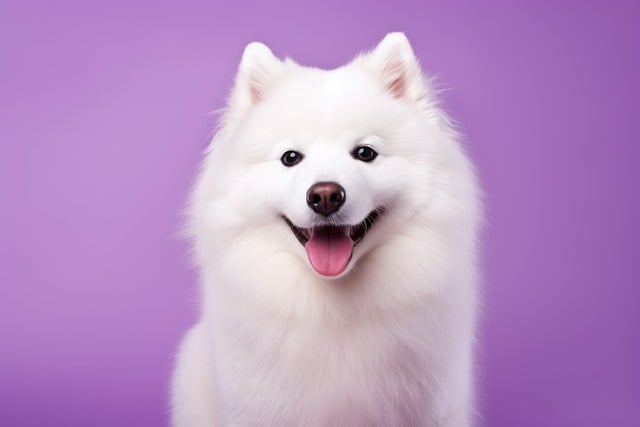
How can I tell if my dog's heatstroke is serious
Let’s be real: It’s a sticky August morning in Los Angeles, and you took your 2-year-old Golden Retriever, Max, for a walk a little later than usual
Is it too late to clean dogs' teeth? Let’s say you adopted a 7-year-old retriever mix, Max, from a shelter last month. At first, you didn’t think much of his breath—it smelled like “dog,” after all. But lately, he winces when he chews his kibble, and when you lift his lip, you see yellow-brown tartar crusted on his back teeth, gums swollen and pink. Panic hits: “Did I wait too long?” For new dog owners in the U.S., this fear is common, but here’s the good news: It’s almost never too late to start.
Dental decay in dogs progresses slowly, but even advanced tartar or mild gum disease can improve with care. Plaque hardens into tartar over weeks, and left unchecked, it irritates gums, leading to inflammation (gingivitis) or even tooth loss. But unlike a cavity that needs a filling, tartar can be removed, and gums can heal—if you act. Think of it like tending to a neglected garden: Overgrown weeds (tartar) can be pulled, and with regular care, the soil (gums) can bounce back. Vets note that even senior dogs benefit—cleaner teeth mean less pain, better appetite, and lower risk of infections spreading to the heart or kidneys.

Start with a vet visit. For Max, whose tartar looks heavy, a professional cleaning under anesthesia is likely needed first. This lets the vet scrape tartar from below the gums (where brushes can’t reach) and check for loose teeth. Don’t stress about anesthesia—vets screen for risks, and for most healthy dogs, it’s safe. After that, at-home care keeps things from getting worse. Introduce brushing slowly: Use a dog-specific toothbrush and chicken-flavored paste. Let Max sniff it, then reward him for letting you touch his muzzle—no brushing yet. Over days, work up to gentle strokes on his front teeth, praising like he’s a champion: “Good boy, Max! That’s so brave!” Positive reinforcement turns a chore into bonding—never scold if he pulls away; patience beats frustration.
Add daily “scrub snacks” too: Crunchy carrots or vet-approved dental chews (look for the VOHC seal) help scrape surface plaque. In apartments, opt for quiet chews (rubber toys over hard bones) to avoid disturbing neighbors during evening sessions.
Now, tie this to responsible pet care. In the U.S., rabies vaccines are mandatory—Max needs his shots up to date, and vet visits for dental care are a great time to check his vaccine status. When walking him, always pack poop bags; even a dog with dental issues leaves waste, and fines in NYC hit $250 for skipping this. Culturally, never force brushing—yelling will make Max fear the process, not cooperate. Instead, take 2-minute breaks and try again with extra treats. In community spaces, be mindful if Max licks people—bad breath from dental issues can make others uncomfortable, so gently redirect him with a toy.
Cleaning a dog’s teeth later in life takes more patience than starting young, but the payoff is huge: Max will chew without pain, his breath will freshen, and those tail wags will mean he’s truly comfortable. It’s never too late to give him that relief.

Let’s be real: It’s a sticky August morning in Los Angeles, and you took your 2-year-old Golden Retriever, Max, for a walk a little later than usual

You're enjoying a summer afternoon at the park when you notice your dog has stopped panting and appears disoriented - their gums are bright red

Let’s paint the picture: You’re in your Denver apartment, watching your 4-year-old Boston Terrier, Ruby, plop down mid-play session with her favorite toy

Many dog owners notice their pets nails seem shorter after regular walks,but how much does this daily activity actually help?The answer depends on where you walk—concrete sidewalks or asphalt streets gently file nails as a dog's paws hit the ground

Most dog owners notice their pup scooting across the carpet at some point, but few connect it to impacted anal glands. These small sacs near a dog’s rectum secrete a scent for marking territory

Most vets agree that regular dog teeth cleaning is key to avoiding painful dental issues later. For healthy adult dogs, a professional cleaning at the vet’s office every 12 to 18 months usually works well.